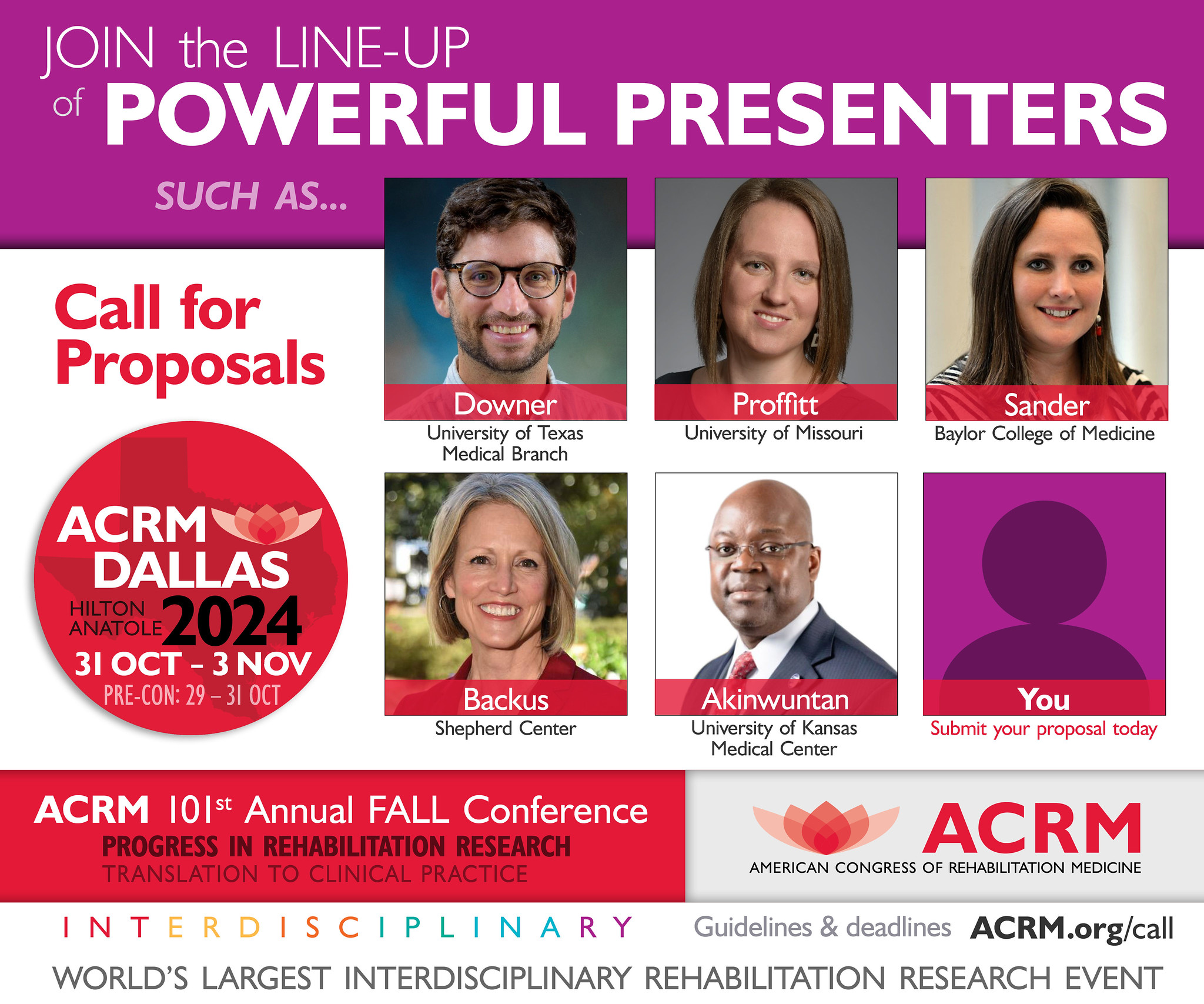Aphasia & Other Communication Disorders
Task Force
Aphasia is a language disorder resulting from damage to the left-hemisphere of the brain. Aphasia most commonly occurs following a stroke and results in long-term disability of communication. Individuals with aphasia have difficulty speaking, reading, writing, and understanding spoken language, but are otherwise intelligent with preserved memory and attention systems. As such, aphasia is a frustrating disorder in which an individual is unable to express his or her thoughts fully and accurately or understand the thoughts of others.
Oftentimes individuals with aphasia have lingering medical needs following the stroke and/or physical and occupational impairments as a result of the stroke. Additionally, depression commonly occurs in individuals with aphasia. Therefore, individuals with aphasia are typically under the care of multiple health care professionals. However, not all healthcare professionals receive specific education or training on aphasia.
UPCOMING MEETING
Thank you for being a part of the Stroke-ISIG Aphasia Task Force. We love that the ACRM attracts the most passionate interdisciplinary mix of rehabilitation pros from around the world. What an honor to collaborate with such driven individuals. We hope to meet with you at our upcoming networking group meeting to discuss current projects and opportunities for contribution and collaboration.
ACRM Stroke-ISIG Aphasia Task Force
Join us this month to discuss the 2024 ACRM Annual Conference, Task Force updates, and new projects. We welcome your participation.
Save the date!
DATE: Third Thursday of each Month
TIME: 5:30 PM Eastern
Meeting ID: 874 1248 3632
Passcode: 743151
PURPOSE
The purpose of this task force is to increase aphasia education in the medical professionals that treat these individuals and support interdisciplinary research on the care of individuals with aphasia and other communication disorders. Specifically, this task force aims to improve communication between rehabilitation professionals and their patients with communication disorders to improve their care and quality of life.
To learn more and discover ways to participate, contact the task force co-chairs.
VISION
The Aphasia Task Force aims to improve the provision of services for individuals with aphasia for
improved outcomes and life participation.
MISSION
The purpose of this task force is to increase aphasia education in the medical professionals that treat
these individuals and support interdisciplinary research on the care of individuals with aphasia and other communication
disorders. Specifically, this task force aims to improve communication between rehabilitation professionals and their
patients with communication disorders to improve their care and quality of life.
GOALS
- Create educational content for medical professionals, patients, and family members of individuals with aphasia for
increased understanding of aphasia and strategies for communication. - Provide continued learning opportunities for interdisciplinary professionals working with individuals with aphasia to
learn and maintain knowledge and skills. - Support the development and publication of rehabilitation research focused on individuals with aphasia.
RESOURCE DATABASE for Aphasia & Related Disorders
This database is prepared to connect professionals, medical professionals, and individuals with aphasia and their communication partners with resources that are available in many locations on the Internet. Topics cover general information, to specific therapy resources, to tools that can be used by clinicians and families to improve the lives of individuals with aphasia. If you are aware of an Internet resource that is not included in this list, please email sraymer@odu.edu and that resource will be added if appropriate.
*This information serves as a resource and is not an endorsement of any product or service marketed on these sites.
Academic Teaching Resources for Aphasia >>
Faculty teaching classes on aphasia may find some of these resources useful to include in class lectures and assignments.
Aphasia Friendly Clinical Resources >>
Clinicians who work with individuals with aphasia may find these resources useful to provide written or pictured information that is especially understandable for individuals with aphasia who may have reading and auditory comprehension difficulties.
Bilingual Aphasia Resources >>
Some resources are available to address the unique needs of individuals who are bilingual and experience aphasia in multiple languages.
Children and Aphasia >>
This list consists of resources related to educating children about aphasia and/or children experiencing aphasia themselves.
Family Education >>
This list is prepared for families and friends of individuals with aphasia to connect them to tools, strategies, and training to improve communication with loved ones with aphasia.
General Aphasia Information >>
Many resources are provided that define aphasia and describe the characteristics of aphasia. Some also contrast aphasia with other communication disorders.
Intensive Aphasia Therapy Programs >>
This list connects individuals with aphasia to a variety of intensive rehabilitation programs around the world where language activities take place to overcome the effects of aphasia.
Life Participation Approach for Aphasia (LPAA) >>
This list connects individuals with aphasia to a variety of programs that provide rehabilitation options and engage individuals with aphasia in a variety of enriching and interesting daily life activities.
National Organizations Related to Aphasia >>
Organizations around the world have been created to address the ongoing, persistent needs of individuals with aphasia. Information is provided for individuals with aphasia, their communication partners, and medical professionals who work with individuals with aphasia.
Primary Progressive Aphasia PPA Information >>
Individuals who experience slowly progressive onset of language difficulties are sometimes diagnosed with primary progressive aphasia. This is a listing of resources specially prepared for this unique population. These tools might also be useful for individuals with communication impairments associated with related dementias.
Research/Legal/Ethical Resources >>
Researchers and clinicians who work with individuals with aphasia may find some of these resources helpful to prepare research consent tools and consider options for including individuals with aphasia in research. Connection to current clinical trials for aphasia also is provided.
Supported Communication Strategies for Aphasia >>
Useful for families, friends, healthcare givers, and rehabilitation professionals, these resources provide tips and strategies to improve communication interchanges with individuals with aphasia.
Technology Resources & AAC >>
A number of software programs and applications have been developed to assist individuals with aphasia to achieve their rehabilitation goals and to foster improved communication in their daily lives.
University Clinics >>
University speech and language clinics can be an excellent resource for individuals with aphasia to receive ongoing services. This list offers contact information for University clinics ordered by state.
CO-CHAIRS

Natalie Gilmore, PhD, CCC-SLP
CO-CHAIR
Research Fellow
Lab for NeuroImaging of Coma and Consciousness
Center for NeuroTechnology and NeuroRecovery
Massachusetts General Hospital

Emily Braun, MS, CCC-SLP
CO-CHAIR
Assistant Professor
Department of Communication Sciences & Disorders
University of Cincinnati
PAST CHAIRS
2017-2021
Christina M. del Toro, PhD, CCC-SLP
FOUNDING CO-CHAIR
Michelle Armour, MS, CCC-SLP
FOUNDING CO-CHAIR
2023 GOALS
- Supplement Guest Editor: Submit application
- I/EPs: Submit 1 I/EP
- Virtual Happy Hour: Host 1 VHH (Scheduled January 2023)
GOALS
2024 GOALS
- Submit Information and Education Page on Alternative and Augmentative Communication.
- Host one Virtual Happy Hour.
- Expand Aphasia & Related Disorders database to include access to intervention materials
ACCOMPLISHMENTS
2023 Accomplishments
- Hosted Virtual Happy Hour on Alternative and Augmentative Communication.
- Submitted proposal for a supplement to ACRM related to aphasia rehabilitation.
- Database Project: Maintained a database of resources for clinicians, researchers, patients, and family members.
2022 Accomplishments
- Supplement Guest Editor: Invited authors and received abstract submissions
from 13 invited groups with researchers with international presence - I/EPs:
- 1 I/EP published (“Return to Work for People with Aphasia”)
- 1 I/EP drafted (“Alternative and Augmentative Communication for Individuals with Aphasia”)
- Database Project: Maintained a database of resources for clinicians,
researchers, patients, and family members - Virtual Happy Hour: Hosted 1 VHH – Discharge Planning for People with
Aphasia (Deborah Hersch; November 2021) - Annual Conference: Task Force members are presenting 5+ symposia.
2020-2021 Accomplishments
- Database Project: Post as a resource to the ACRM website and have task force members assigned to regularly update it on a quarterly basis
- IC and symposium preparation for ACRM 2021
- Host one virtual happy hour (topic to be determined)
- Developing a new project – Ideas to come from task force members
2019-2020 Accomplishments
- Developed 3 Information / Education Pages (under review)
- Created an extensive database for quick access to aphasia related information
- Completed a virtual happy hour related to aphasia in bilingual speakers
- Instructional courses at annual conference
2018 Accomplishments
- Membership increased from 8 people to 22 people
- Development of a white paper
- Two panel presentations at annual conference
2017 Accomplishments
- Platform presentation at 2017 ACRM Conference
- Virtual Happy Hour Presentation, September 2017
- Recruited 10 members









